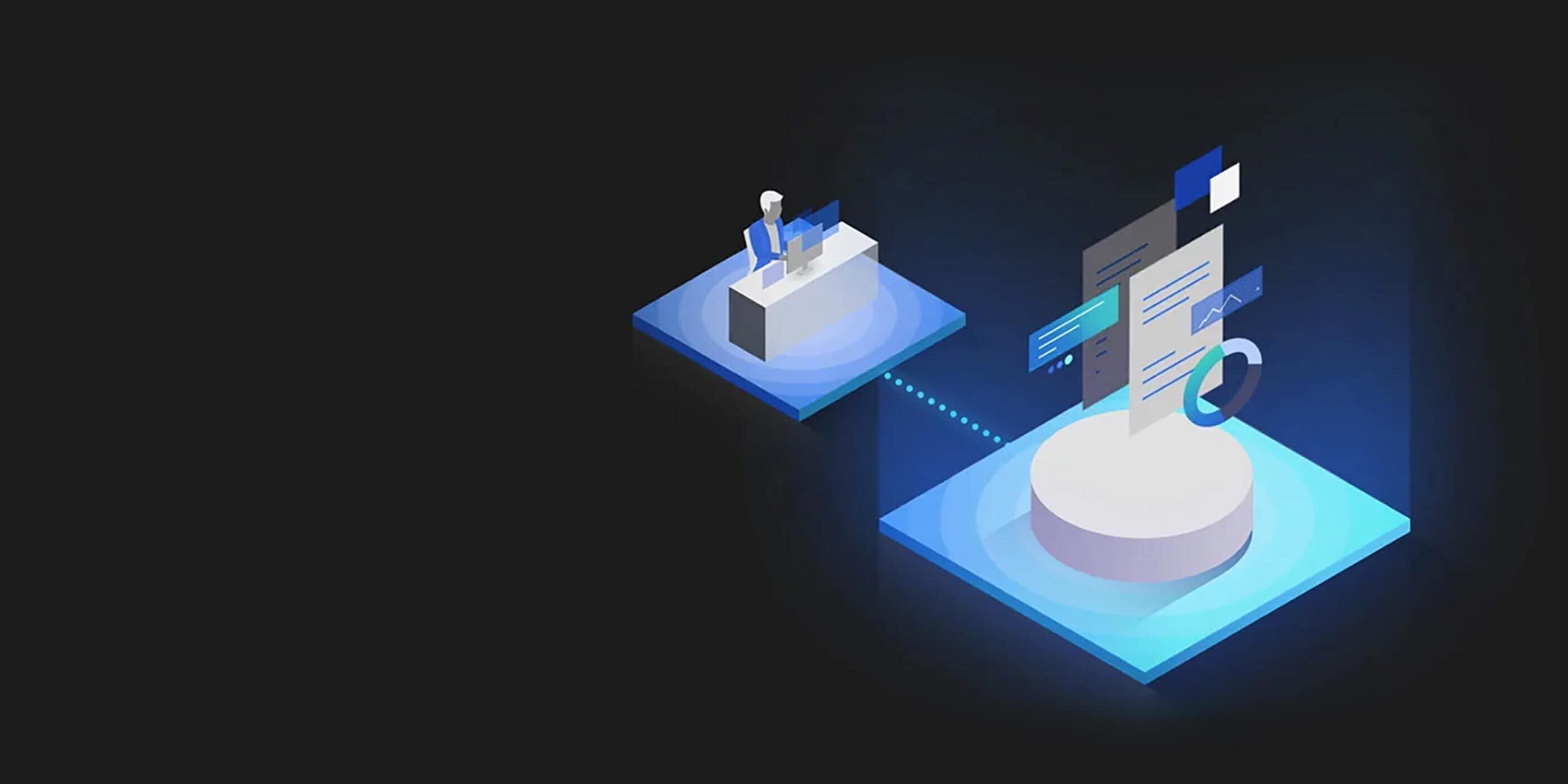The key to this balancing act is implementing cutting-edge technologies. A healthcare organization that is ready for the future excels in technological modernization and adaptation. Although this idea may appear straightforward and basic, it contains a number of intricate concerns. The process cannot be completed mindlessly, starting with an examination of the unique needs, mapping the starting point, and ending with the deployment. There are a number of factors to take into account, including selecting the best technology partner, assessing the investment needed and estimating returns, customization, remote health monitoring systems, and patient interaction systems.
Towards Interoperability: The healthcare sector is going through a turbulent period. The only organisations that will succeed are those that use technology to adapt to the situation at hand. With ongoing changes in regulatory requirements, shifting demographics, and new and improved providers, the healthcare industry is establishing a culture of trade and mutual benefit. To be successful, interoperability is essential. Agile technologies will be necessary to comprehend and navigate this new world of caregiving and provide the best integrated healthcare solutions. EDI tools for healthcare will make it possible for the entire supply chain to go from one place to another without experiencing any hiccups, whether it be with medical billing, administrative procedures, or data management.
Healthcare Transactions Using EDI
- Due to the lack of manual processes, billing services in healthcare are optimised through EDI transactions.
- Turnaround times are quicker and billing errors are reduced within a standardised framework and format.
- Claims can be sent and received using the electronic data exchange format on the same day.
- Quick eligibility checks are carried out, and response times are substantially shorter.
- Automated HIPAA compliance verification lowers the number of refused and rejected claims, improving the efficiency of all Electronic Data Interchange transactions in the healthcare industry.
- Information sharing with various payers at once is made possible by the EDI interoperability function in medical billing, speeding up transactional operations.


